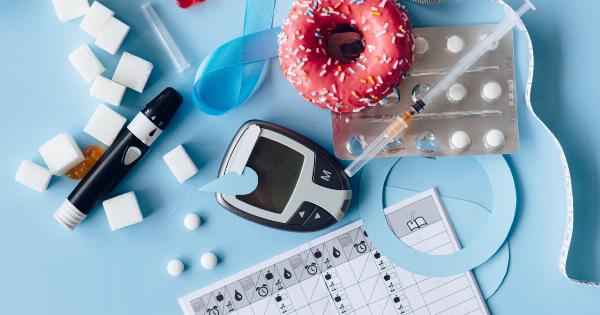Adolescence can be a challenging time for many young people. They are experiencing numerous physical, emotional, and social changes, and these changes can affect their mental health.
Adolescents who eat a poor diet may be at greater risk for developing mental health problems. In this article, we will explore this link further, examining the evidence that supports it, and discussing what can be done to improve adolescent diets and promote good mental health.
What Is a ‘Rough’ Diet?
A ‘rough’ diet is one that is high in processed foods, sugar, salt, and saturated fats. This type of diet is low in fiber, vitamins, minerals, and other essential nutrients that the body needs to function properly.
A rough diet may be cheap, convenient, and easy to obtain, but it is not healthy.
Adolescents who eat a rough diet may be at risk for numerous health problems, including obesity, type 2 diabetes, and heart disease. However, recent research has also shown a link between poor diet and mental health issues.
The Evidence for the Link Between Poor Diet and Adolescent Mental Health Problems
Several studies have suggested that there is a link between poor diet and mental health problems in adolescents.
One study, published in the journal ‘Pediatrics’, found that teenagers who drank more sugar-sweetened beverages had a higher risk of depression than those who did not.
Another study, published in the ‘Journal of the American Academy of Child and Adolescent Psychiatry,’ found that young people who ate more junk food had a higher risk of developing mood disorders such as depression and anxiety.
The researchers also found that a healthier diet, rich in fruits, vegetables, and whole grains, was associated with a lower risk of mental health problems.
In addition, a study published in the ‘Journal of Psychiatric Research’ found that young adults who ate a diet high in processed and fried foods had a higher risk of depression than those who ate a healthier diet.
The Link Between Diet and Brain Function
The link between a rough diet and mental health problems may be due to the impact that diet has on brain function. The brain relies on a steady supply of nutrients to function properly.
When these nutrients are lacking, the brain may not work as well as it should.
Additionally, a poor diet can lead to inflammation in the body, including in the brain. Chronic inflammation has been linked to a range of mental health problems, including depression, anxiety, and schizophrenia.
What Can Be Done to Improve Adolescents’ Diets and Promote Good Mental Health?
Improving adolescents’ diets is a critical part of promoting good mental health. Here are some strategies that can be used to achieve this:.
1. Encourage Healthy Eating Habits
Parents and caregivers can encourage healthy eating habits by providing nutritious meals and snacks at home and modeling good eating behaviors themselves.
Adolescents should also be taught about the importance of a healthy diet and how it can impact their mental and physical health.
2. Reduce Access to Junk Food
Junk food should be limited in the home, school, and other environments where adolescents spend time.
This can be accomplished by stocking up on healthier snacks such as fruits, vegetables, and nuts, and limiting or eliminating soda, candy, and other sugary treats.
3. Increase Access to Healthy Food
Adolescents should have access to healthy food options at school, such as fresh fruits and vegetables, whole grains, and lean protein.
Community gardens and farmer’s markets can also help to increase access to nutritious food in areas where it is limited.
4. Partner with Health and Wellness Organizations
Parents, schools, and community organizations can partner with health and wellness organizations to promote healthy eating habits and educate adolescents about the link between diet and mental health.
These organizations can provide resources, training, and support to help raise awareness and improve nutrition in the community.
5. Consider Nutritional Supplements
In some cases, adolescents may need additional nutritional support to achieve good mental health.
Nutritional supplements such as omega-3 fatty acids, B vitamins, and magnesium have been shown to improve brain function and reduce symptoms of depression and anxiety.
Conclusion
The link between rough diets and adolescent mental health problems is clear. Adolescents who eat a poor diet are at greater risk for developing mental health problems, including depression and anxiety.
Improving adolescents’ diets through healthy eating habits, reducing access to junk food, increasing access to healthy food, partnering with health and wellness organizations, and considering nutritional supplements can promote good mental health and help to reduce the risk of mental health problems in this age group.































